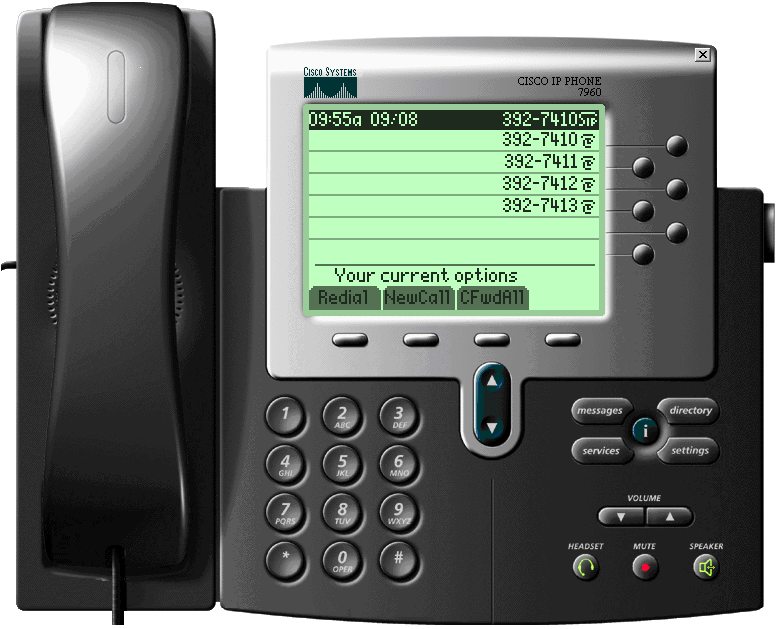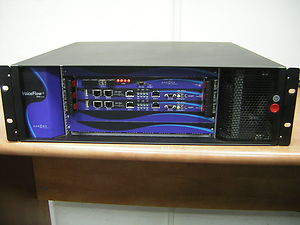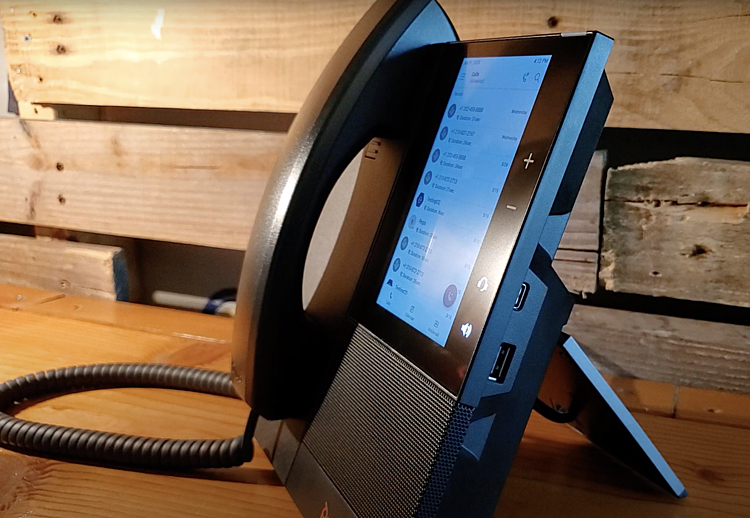I started my current job on the US Memorial Day, 2003.

In 2003:
- The Cisco 7960 was the Cadillac VoIP Phone. (Cisco appears to have stopped supporting the SIP stack on the Cisco 7900 series phone.) Polycom's SoundPoint IP phones came from behind, and are clearly the dominant phones in the industry.
- The only robust way to deliver "Digital Voice" service over a Cable Company's HFC network required TDM, and GR-303 control. The VoIP-based ways of doing it weren't mature yet.
- We hoped that Windows and Microsoft SQL Server had grown up enough to make it a good platform for a high-end web application. This was before AJAX, "Web 2.0", and Rails proliferation. And this ASP.NET stuff looked like it might make Web Development much more straightforward than the PHP, Perl, and Java we had been using.
Moral: Poorly-designed tools don't mature into becoming good tools. They just become mature, poor tools. -
 The VoIP Industry didn't have the NAT Traversal problem solved. It was a game of opening firewall ports and assigning public IP addresses to your SIP phones.
The VoIP Industry didn't have the NAT Traversal problem solved. It was a game of opening firewall ports and assigning public IP addresses to your SIP phones. - Before Acme Packet was making waves, the Kagoor "Session Border Controller" (SBC) was the hottest SBC game in town. But, fascinating in retrospect, the Kagoor had none of the security features we identify with an SBC. In effect, it only did NAT traversal. (Juniper bought the Kagoor product and promptly killed it soon thereafter.)
Moral for Juniper: Understand your competition before you buy a company. Layer 2-3 networking companies can easily fail buying Layer 5+ systems.
Moral for Kagoor: Take the money and run! - The dominant Operating System for serious Unix servers within telcos was Sun Solaris. Red Hat Linux had clearly overtaken it by 2010, by which point Oracle had bought Sun.
Moral for Oracle/Sun: Legacy platforms will die a slow, manicured death. - Metaswitch was announcing deals, as was Telica. Both were marketing around the United States as an alternative to the Lucent 5ESS, but the Telica looked and felt more like a 5ESS. Lucent bought Telica and the platform doesn't appear to be a serious standalone product any more. Metaswitch has taken off and branched into numerous related areas.
Moral for Telica: Sell your company, and you might just be killing your product. - BroadSoft was an up-and-coming player, primarily for Hosted PBX services. They had just a few deployments at the time, but had a viable product with fault-tolerance. BroadWorks deployments were on Sun v110 servers, running Solaris 8. But there were many competitors waiting in the wings to compete with BroadWorks: Sylantro, Lignup, Sonus, Lucent's effort, Asterisk. It was certainly not clear that BroadWorks would come out as dominant.

